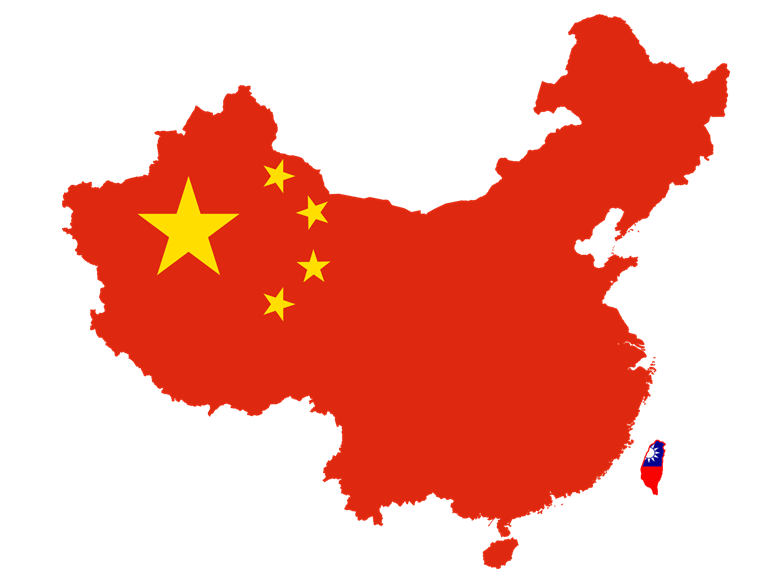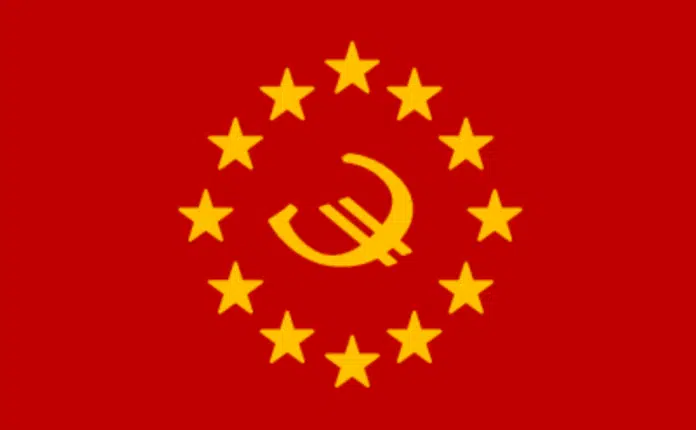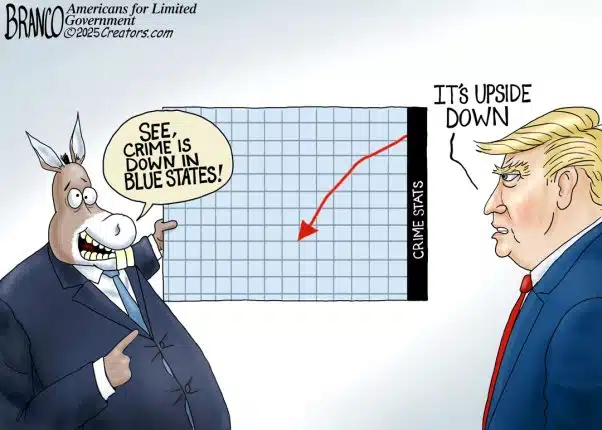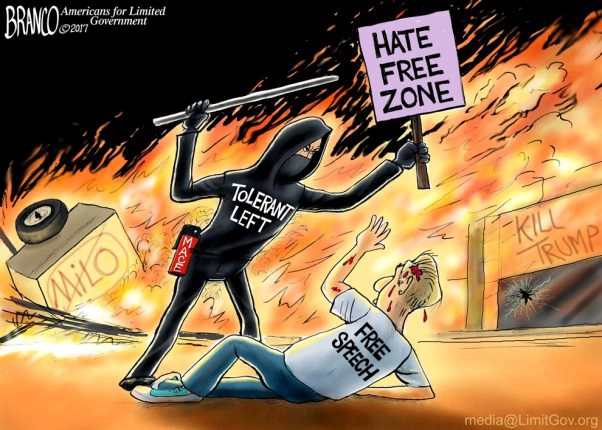Is China on the precipice of an aggressive expansion into Taiwan and Hong Kong while the U.S. is bogged down with the Covid-19 pandemic, the worst recession in a generation with more than 23 million jobs lost and riots over the police killing of George Floyd?
Amid the global response to the China-originated coronavirus, in January, Taiwanese President Tsai Ing-wen was reelected in a landslide, saying she supports the current political status of the island nation, which in her eyes is that Taiwan is so independent it doesn’t need to declare independence.
“We don’t have a need to declare ourselves an independent state,” Tsai told the BBC in January. “We are an independent country already and we call ourselves the Republic of China, Taiwan.”
Now, in the past week, as things are reopening everywhere, China has passed a new national security law that subverts the autonomy of Hong Kong, which ceased British rule in 1997. This in turn is leading to concerns that China will make similar moves against Taiwan.
In that vein, Chief Joint of the Joint Staff Department Li Zuocheng declared in a statement this week promised to “smash” any efforts at independence: “If the possibility for peaceful reunification is lost, the people’s armed forces will, with the whole nation, including the people of Taiwan, take all necessary steps to resolutely smash any separatist plots or actions.”
Li threatened, “We do not promise to abandon the use of force and reserve the option to take all necessary measures, to stabilize and control the situation in the Taiwan Strait.”
In addition, China is massing troops on its border with India as a dispute over the borders of Pangong Lake and North Sikkim simmers.
This is all in the past week.
Now, some of this can be chalked up to a need for Beijing to appear strong in the midst of its own public health and economic catastrophes befalling China amid the Covid-19 pandemic. But the crackdown on Hong Kong is real enough and so this could be Beijing finally getting geared up to take back Taiwan that has been separated since 1949 under U.S. security assurances.
The national security law on Hong Kong also prompted the Trump administration to declare China in violation of the 1984 Sino-British Declaration treaty, since autonomy for Hong Kong was not supposed to lapse until 2047 under the treaty.
Now President Donald Trump is waiving trade privileges for Hong Kong — a wise move since China has been funneling some trade through Hong Kong to avert Trump’s imposed tariffs.
Secretary of State Mike Pompeo declared in a press statement, “After careful study of developments over the reporting period, I certified to Congress today that Hong Kong does not continue to warrant treatment under United States laws in the same manner as U.S. laws were applied to Hong Kong before July 1997. No reasonable person can assert today that Hong Kong maintains a high degree of autonomy from China, given facts on the ground.”
In addition, China may not be keeping its word on the new U.S.-China trade deal, with only one-third of the $186 billion of promised purchases of U.S. goods and agriculture are now projected to be made, according to the Center for Strategic and International Studies.
And according to a “Five Eyes” intelligence report quoted by the Australian newspaper, The Daily Telegraph, China covered up the origin of the coronavirus, “Despite evidence of human-human transmission from early December, PRC authorities deny it until January 20… The World Health Organisation does the same. Yet officials in Taiwan raised concerns as early as December 31, as did experts in Hong Kong on January 4.”
Yet, it would not be until Jan. 20 that China confirmed human-to-human transmission, several weeks after the outbreak began, when high mortality rates were not yet apparent to the rest of the world. But on Jan. 24, China would lock down Wuhan and the surrounding region. A day later, on Jan. 25, the first doctor to treat the virus and who tried to warn the world about it died from it in China.
So, in short, China is threatening Hong Kong, Taiwan and India, may be breaking the trade deal with President Trump and has not been forthcoming about the virus outbreak in its country—and it is all happening at lightning speed.
President Trump must be quick to respond. Here are a few items to consider: Stick the Navy in between Taiwan and China as necessary to deter a catastrophic conflict and any further threats. Kick Beijing out of U.S. treasuries markets if they don’t cooperate with the trade deal, a sanction that would cause the yuan to strengthen, making Chinese exports more expensive. And outline which actions will result in improved relations and trade with the U.S., and those that will further isolate China. Beijing has a choice to make. Trump shouldn’t make it an easy one.
Robert Romano is the Vice President of Public Policy at Americans for Limited Government.







